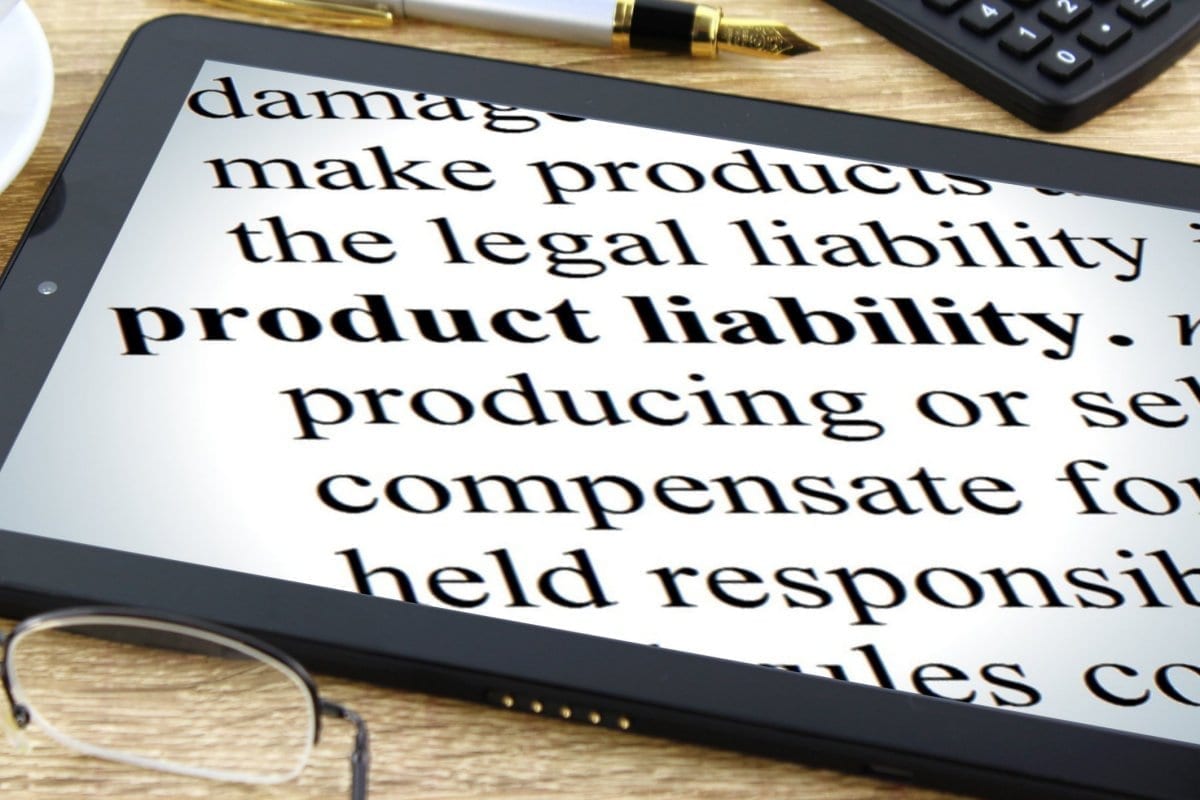Failure to warn: Lack of transparency regarding side effects that manufacture was or should have been aware of.
It has been nearly a year since Philips Respironics ventilators, BiPAP, or CPAP machines were recalled and a warning issued by the U.S. Food and Drug Administration (FDA), alerting individuals who use the machines, and their health care providers that Philips Respironics has recalled certain devices due to potential health risks associated with:
- inhaling or swallowing the polyester-based polyurethane (PE-PUR) substance used to reduce the sound in certain device models.
- toxic exposures caused by the foam that has the potential to “off-gas” toxic chemicals. “Off-gas” refers to a gas that is produced as a by-product of an industrial process or given off by some manufactured material.
- foam degradation due to high heat and high humidity environments.
Device harms
Medical device injuries often lead to manufacturers robustly defending against negative litigation to maintain company value. Part of that effort is to recall defective devices and repair or replace the harmful component or device. Product injuries may be caused by design, manufacture, or marketing defects.
- Design. A device could malfunction because it was designed incorrectly, or there were problems at the design stage that were not addressed before the product was manufactured and made available to consumers.
- Manufacture. A device may have been designed with no defects, but during the manufacture process, or assembly of a device, a mistake that causes a malfunction during proper use may be identified, but not corrected.
- Marketing. Marketing defects usually involve a failure to warm of dangers, false claims related to a certain device, or inaccurate warning labels.
A product is considered defective if it poses unreasonable dangers to individuals who purchase and utilize it according to the directions and warnings provided. Lawsuits for medical device defects can be built individually, or as part of a class-action lawsuit, when many individuals have suffered similar harms or injury from the use of a device. It may be prudent to consult with an attorney at the Blizzard Law Group who can explain when legal action is warranted for CPAP harms to individuals who were using the devices that were recalled.
Texas tort litigation
Defective medical device legal claims can be initiated under Texas tort laws asserting product liability, breach of warranty, or strict negligence. Medical device manufactures can be sued for:
- Failure to warn. Lack of transparency regarding side effects that manufacture was or should have been aware of.
- Strict negligence. Reasonable design and manufacture of a produce upholding owed duty of care to consumer did not occur.
- Breach of warranty. Product fails to live up to manufacturer, or seller statements regarding the value of a medical device.
Hire a lawyer

It is important to have the guidance of experienced legal counsel because lawsuits for defective medical devices often require a plethora of witnesses and scientific evidence experts to build a case proving the defects in a device caused injury or harm. Houston area attorneys who have a successful record at The Blizzard Law Firm can assist injured parties for a potential defective device claim and comprehensive damage award/settlement.
Sources:
- https://statutes.capitol.texas.gov/Docs/CP/htm/CP.16.htm#16.012
- https://statutes.capitol.texas.gov/Docs/CP/htm/CP.16.htm#16.003
- https://www.fda.gov/medical-devices/medical-device-safety
- Philips issues Dreamstation CPAP recall notification | AASM
- Certain Philips Respironics Ventilators, BiPAP, and CPAP Machines Recalled Due to Potential Health Risks: FDA Safety Communication | FDA


Join the conversation!